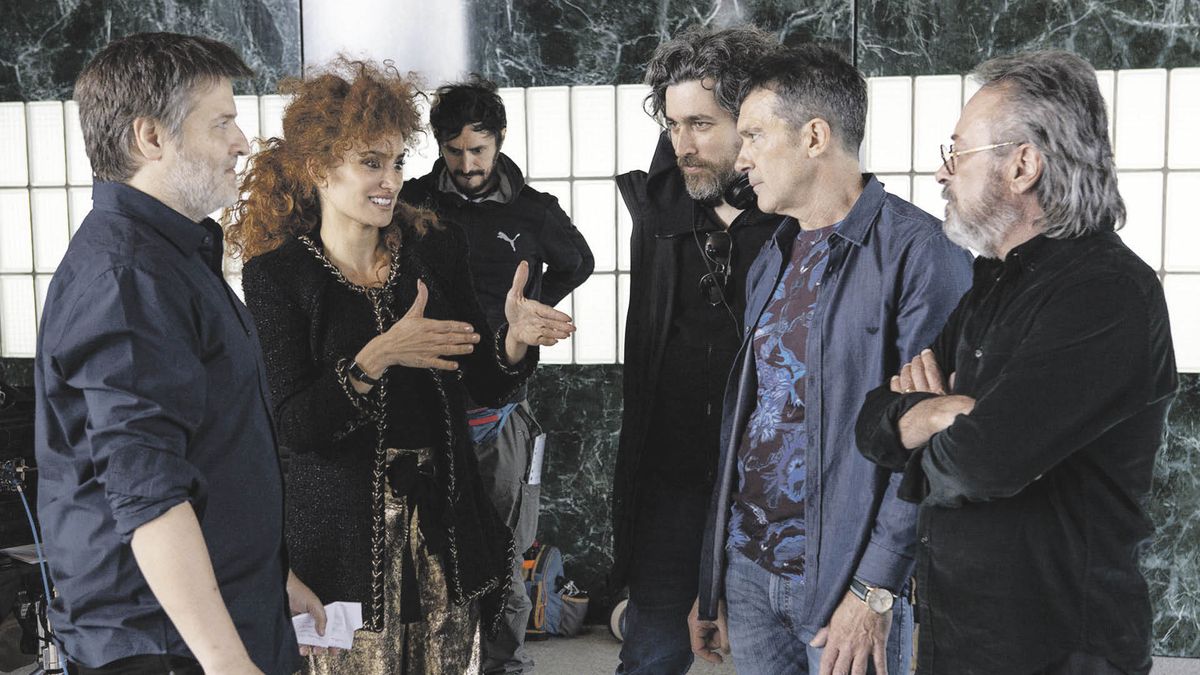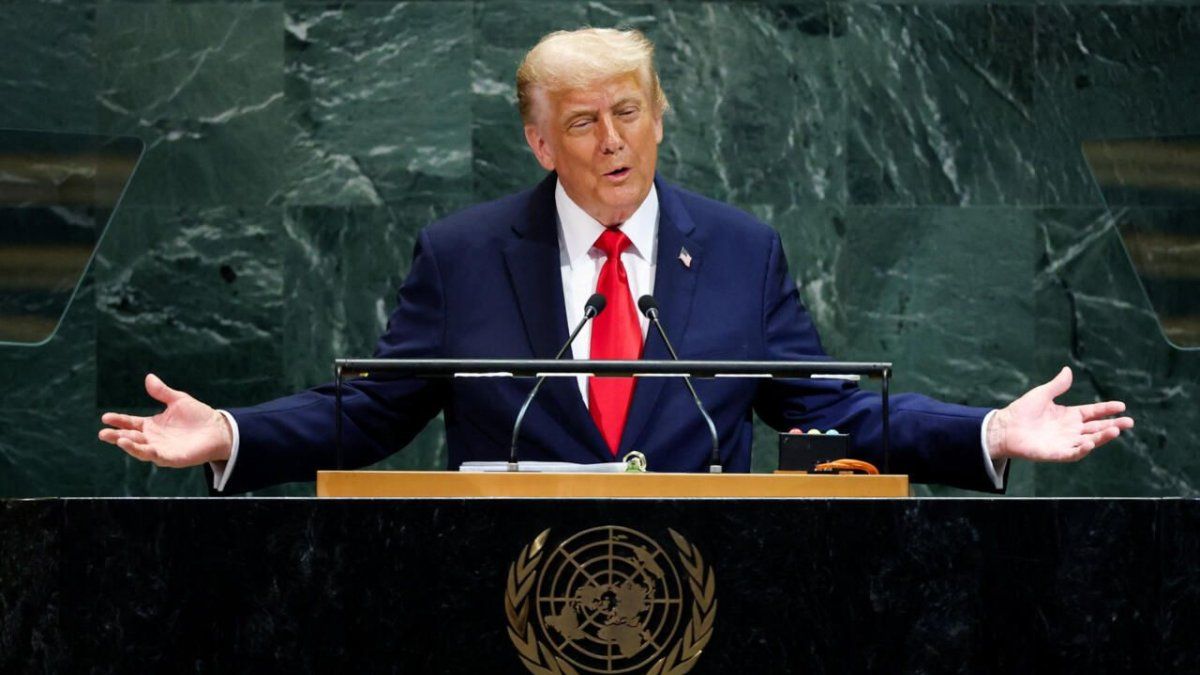Journalist: The film shows that world of cinema, doesn’t it run the risk of being only for the filmmakers, or for festivals, and less so for the public?
Gaston Dupratt: We don’t make films thinking about what audience it is aimed at as a focus group, luckily we make the films that we like. We trust that the public will see it and enjoy it. Many years ago, that requirement that a film has to be massive and that the public understands passed, today we see great failures of crude family comedies that in another era would have been successful. The public became sophisticated, especially after the pandemic, after seeing materials from all over the world on platforms. There is no more ‘let’s do it easy, let’s show what the public likes’. You like what is good, those formula films to hunt viewers are from 50 years ago, humbly some of our films show that they were box office successes. If the films are successes and also have their tour of festivals, there is the complete circuit. It’s history to make movies for some bearded men who gloat at festivals and then only the director and the family were sleeping in the room, that’s atrocious. And I don’t like merely local comedy that doesn’t come out of Argentina either.
Q.: The film has a tempo built with long sequence shots and a fixed camera, not suitable for the anxious. How do you fit into a fast paced editing context to avoid appearing slow to the audience?
GD: It has a unique staging, which has nothing to do with the speed of assembly, costumbrismo or speaking fast because the viewer is supposedly bored. We propose scenes with greater density, development, so that the actors can express themselves artistically in pursuit of their brilliance. We aim for a delicacy that requires us to be respectful of silences, pauses, without minced editing. It happens in reality, we are not on par with the costumbrista life of TV, there is subtlety and time gaps. We seek to access other sensations, it is our language, like a calligraphy.
Mariano Cohn: Having these three monsters acting allows us to access master classes in acting with a powerful camera that records, but the performance remains in the foreground, without editing manipulation. We have high esteem for the public, there is no longer that passive spectator who watches TV like a drooling zombie. Our films always require the viewer to work in his seat, a certain gymnastics that forces you to take a position and even change your mind. Topics are not closed and hence the question of when a film ends. Keeping it going while discussing it over coffee would be a good life for a movie, when it doesn’t get stuck in the theater or on the platform.
Q.: There are two antagonistic characters as in all your films, but here they are close to their real lives. Surely something of what each one says happened to him in reality.
MC: The film arose with the idea of Penélope and Antonio to do something together and hence they talked about acting, creation, something that is never seen. One sees the finished film but never that construction of how the actor manages to reach the viewer. Each of the actors gave anecdotes and the intention was to make fun of us and add a share of evil to what we do every day. The premise was that the actors could display all their acting pyrotechnics, something that never happens because the shot is always filmed, it is cut, and for the reverse shot the actor goes to the trailer. We look for that unique moment of spontaneity, to see the one who speaks and the one who listens, to see that look in certain situations. We offered the actors the characters and they chose what was most comfortable for them, because of the closeness to reality, but it is risky to take on a role so similar to their lives and then ironize about it.
Q.: What do these large spaces that, we guess, are museums or theaters, contribute? As if the film took place in places designed for representation.
GD: The spaces are not mere sets but they play narratively and count. I think of the enormous space of a millionaire who made a foundation and has nothing to put inside, unused, dead, empty. That architecture tells the loneliness and gives a perfect context for the actors, who are like small figures in giant spaces, they are as if crushed by space, smooth, flat and cold. They seem alone with their truths and insecurities.
Q.: In addition to prestige, the ego, what other themes appear in the film?
GD: I am interested in what the businessman asks himself, what they think of him, that he is corrupt and a millionaire in an obscene way. So he wants to buy someone else’s prestige. That’s where artists who are permeable to that appear, something that can lead to genuine relationships. And we laugh at that feeling of superiority that actors feel because they think they are the most sensitive.
MC: I like the thing about the artist who thinks he is the one who suffers the most, that the public is not prepared to understand his genius, we see that in the wacky and unstable director who is put in her hands an artifact as complex as a movie.
Q.: They went through the world of art, architecture, literature, cinema, what’s next?
GD: We think up the stories and then they end up being set in those worlds, but the power struggle might take place in a kindergarten or the guy who comes back to his village might be a sportsman. ´My masterpiece´ is about friendship, not about the artistic genre.
MC: The stories could happen in any field but we take a closer look there because it is an environment that is comfortable for us and we do not have to impose. We couldn’t do it in jail.
Source: Ambito
David William is a talented author who has made a name for himself in the world of writing. He is a professional author who writes on a wide range of topics, from general interest to opinion news. David is currently working as a writer at 24 hours worlds where he brings his unique perspective and in-depth research to his articles, making them both informative and engaging.




